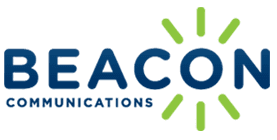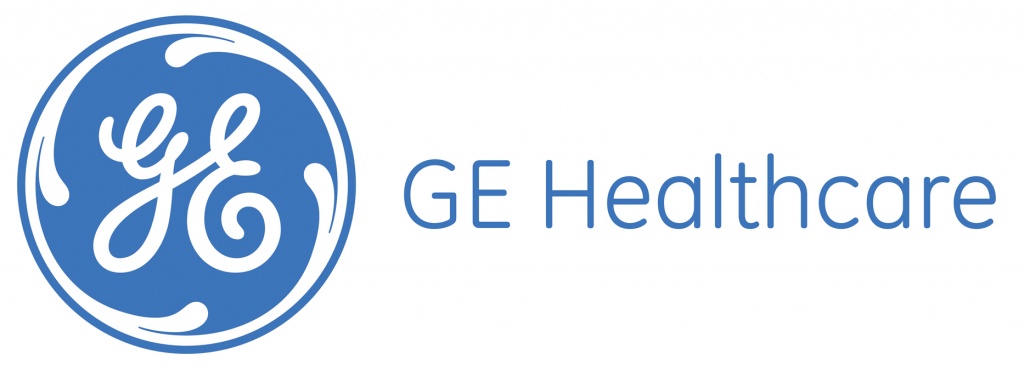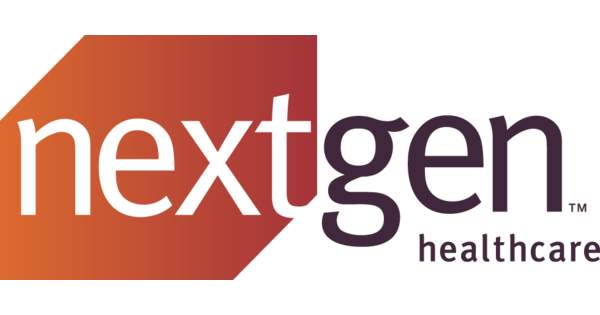Click here for the Healthcare Technology Special Edition – 2018
 Digitization has already crawled into every single aspect of healthcare. New apps are getting patients more engaged; health sensors and wearables are creating terabytes of new, granular data, and machine learning, natural language processing, and artificial intelligence techniques and tools are all emerging new technologies. Moreover, precision medicine, telehealth, blockchain technology, and new personalized digital devices are being infused into all parts of the workflow and consumer experience.
Digitization has already crawled into every single aspect of healthcare. New apps are getting patients more engaged; health sensors and wearables are creating terabytes of new, granular data, and machine learning, natural language processing, and artificial intelligence techniques and tools are all emerging new technologies. Moreover, precision medicine, telehealth, blockchain technology, and new personalized digital devices are being infused into all parts of the workflow and consumer experience.
Along with trained workforce, this calls for an efficient system that is able to deploy, implement, and maintain health information technologies and increasingly complex medical devices. The modern data-driven healthcare system not only requires staff with data management, cyber security, and analytical skills, but new capabilities like providing more outpatient clinics and offering additional access points, establishing preferred post-acute care networks, creating new incentive and payment arrangements, building physician measurement systems to assess performance, and negotiating successful alternative payment models with public and private payers. This has heavily impacted the way in which today’s healthcare providers deliver value-based care.
Moreover, it is the era of greater insurance market stability. The strong economy is causing employers to offer health coverage to compete for talent, and the probable enactment of the exchange market stabilization legislation should serve to calm the exchange market, potentially lowering premiums. Unlike the past years, today both providers and payers are organizing themselves into vertically-integrated, high-value care and financing networks and insurers, physician groups, health systems, and even retail organizations are each seeking to compete as these networks to bring about a sustaining transformation in delivering efficient healthcare.
To ultimately succeed, however, both the health leaders and providers should be efficient at attracting and engaging patients, families, caregivers, and consumers. With today’s financial imperative and actionable data, they are adopting new levels of capabilities to integrate technologies that support engagement and maintain a balance in achieving efficiency and productivity. And these hopeful signs will in fact bring about improved levels of delivering efficient, highly reliable care.
We present to you Xplorex IT’s Top 10 Healthcare Technology Solution Providers 2018.
| Company Name |
Description |
 Allscripts Allscripts |
Allscripts solutions enable smarter care, delivered with greater precision, for healthier patients, populations and communities
|
 Athenahealth Athenahealth |
We provide network-enabled services for healthcare and point-of-care mobile apps
|
 Beacon Communications Beacon Communications
|
|
 Brainlab Brainlab
|
Aims to make medical technology and knowledge more impactful and accessible to physicians and their patients |
 Cerner Corporation Cerner Corporation |
Supplier of health information technology solutions, services, devices and hardware |
 GE Healthcare GE Healthcare |
GE Healthcare enables precision health in diagnostics, therapeutics and monitoring through intelligent devices, data analytics, applications and services
|
 McKesson Corporation McKesson Corporation |
|
 NextGen Healthcare NextGen Healthcare
|
A leading provider of electronic health record software and practice management systems to the healthcare industry
|
 Rethink Rethink |
|
 VUEMED VUEMED
|
|
 Digitization has already crawled into every single aspect of healthcare. New apps are getting patients more engaged; health sensors and wearables are creating terabytes of new, granular data, and machine learning, natural language processing, and artificial intelligence techniques and tools are all emerging new technologies. Moreover, precision medicine, telehealth, blockchain technology, and new personalized digital devices are being infused into all parts of the workflow and consumer experience.
Digitization has already crawled into every single aspect of healthcare. New apps are getting patients more engaged; health sensors and wearables are creating terabytes of new, granular data, and machine learning, natural language processing, and artificial intelligence techniques and tools are all emerging new technologies. Moreover, precision medicine, telehealth, blockchain technology, and new personalized digital devices are being infused into all parts of the workflow and consumer experience.